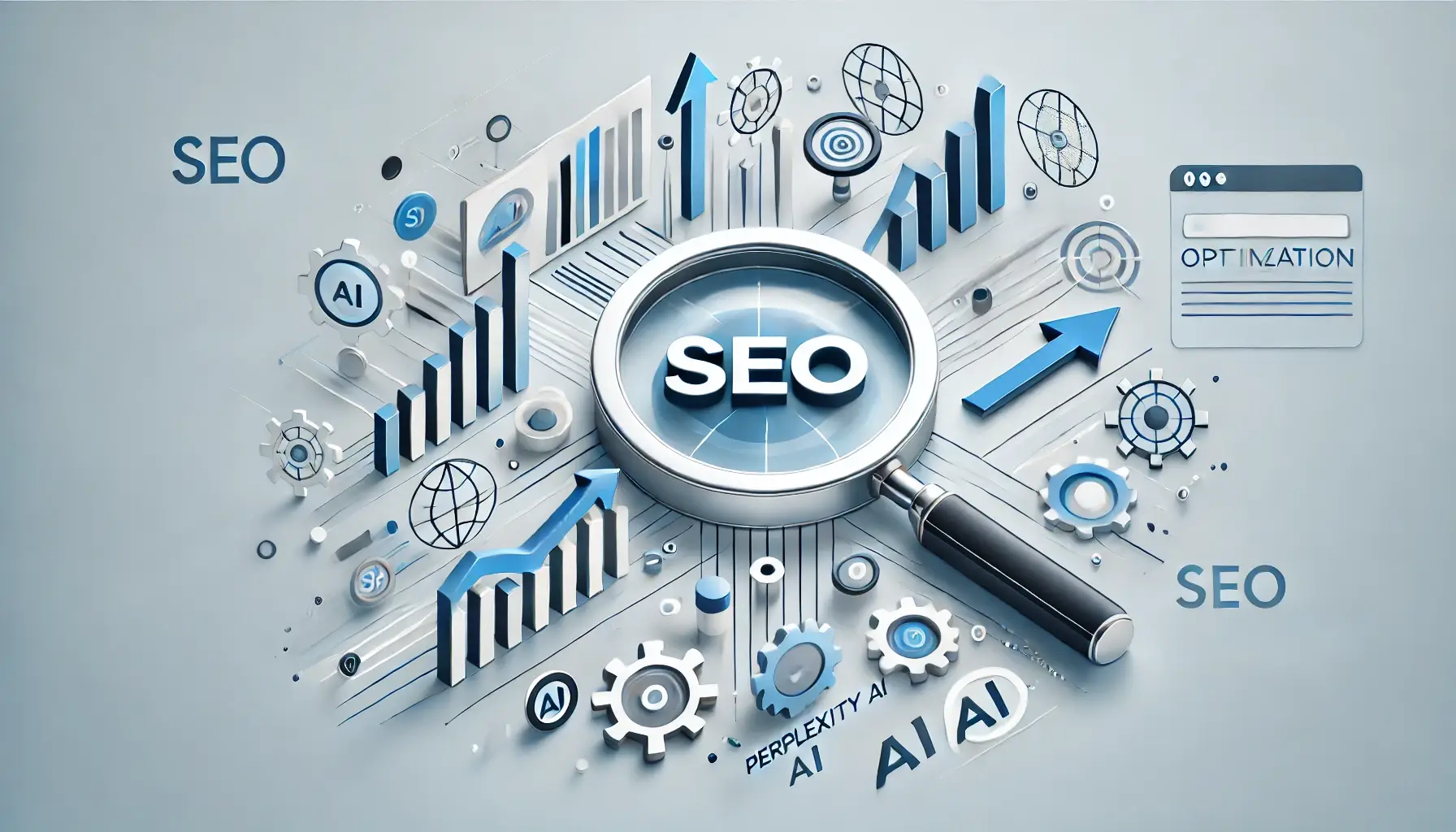In today’s digital age, Customer Relationship Management (CRM) systems have become the backbone of successful business operations. Whether it’s a startup, a small business, or a large corporation, the ability to effectively manage customer relationships is crucial. However, not all CRMs are created equal, and the choice between a Business-to-Business (B2B) and Business-to-Consumer (B2C) system can significantly impact your business’s efficiency and growth.
For businesses operating in the B2B domain, the focus is on building long-term relationships with other businesses. The sales cycles are longer, and transactions are usually larger and more complex. On the other hand, B2C companies deal directly with individual consumers, emphasizing high-volume transactions and customer experience. Understanding the nuances and unique requirements of these two CRM types is essential for any business looking to optimize its customer management and drive growth.
This article delves into the distinct dynamics of B2B and B2C CRMs, highlighting their key features, comparing their functionalities, and providing examples of solutions that cater to each category. Whether you are a business owner, a sales professional, or a marketing enthusiast, comprehending these differences will empower you to make an informed decision that aligns with your business strategy and goals.
Key Characteristics of B2B CRMs
- Customization and Integration: B2B CRMs are designed for complex sales processes and long-term customer relationships. They often feature advanced customization to adapt to specific industry needs and seamless integration with other business tools like ERP systems, which is essential for a holistic view of the customer journey.
- Relationship Management: In B2B environments, the emphasis is on building and maintaining long-term relationships with clients. These CRMs are equipped with tools for tracking interactions over extended periods, understanding client needs, and fostering communication across various stages of the business cycle.
- Example Solutions:
- Salesforce Sales Cloud: Renowned for its scalability and extensive customization options, Salesforce is suitable for larger businesses with intricate sales processes. Its advanced analytics and forecasting tools help businesses in decision-making and strategy development.
- HubSpot CRM: Perfect for small to medium-sized businesses, HubSpot offers an easy-to-use platform with powerful inbound marketing tools. It’s known for its user-friendly interface and effectiveness in managing customer relationships and content marketing strategies.
Core Features of B2C CRMs
- High-Volume Transaction Management: B2C CRMs are optimized for handling large volumes of customer data and transactions. They excel in processing and analyzing customer data quickly, enabling businesses to respond rapidly to market changes and consumer trends.
- Customer Experience and Engagement: These systems focus on direct customer engagement, utilizing data analytics for personalized marketing and communication. They help businesses understand customer preferences and behavior, leading to more effective marketing campaigns and customer service strategies.
- Example Solutions:
- Zoho CRM: Ideal for B2C companies looking for an all-in-one solution, Zoho CRM offers excellent tools for sales automation, customer segmentation, and analytics, making it easier to manage large customer databases and marketing campaigns.
- Freshsales: Freshsales stands out for its user-centric design and strong engagement tools, such as chat and email integration, making it ideal for businesses that prioritize direct customer interaction and real-time engagement.
Comparing B2B and B2C CRMs
- Sales Cycle Length: B2B CRMs are tailored for longer sales cycles involving multiple interactions and stakeholders, while B2C CRMs are optimized for shorter, more frequent transaction cycles.
- Customer Relationship vs. Transaction Focus: B2B CRMs focus on deepening and managing relationships over time, often involving higher-value transactions. In contrast, B2C CRMs are geared towards managing a higher volume of transactions, with an emphasis on efficiency and customer experience.
- Customization Needs: B2B CRMs require more customization to adapt to complex business processes, whereas B2C CRMs often follow a more standardized approach, focusing on scalability and speed.
The choice between a B2B and B2C CRM should be guided by the specific needs of your business model. B2B CRMs are ideal for companies focused on long-term relationship building and complex sales cycles, whereas B2C CRMs cater to businesses dealing with high-volume transactions and direct consumer engagement. Understanding these differences is crucial in selecting a CRM system that not only aligns with your current business operations but also supports your future growth strategies.
What key factors do you prioritize when selecting a CRM for your business, and how do they align with your specific operational needs?



